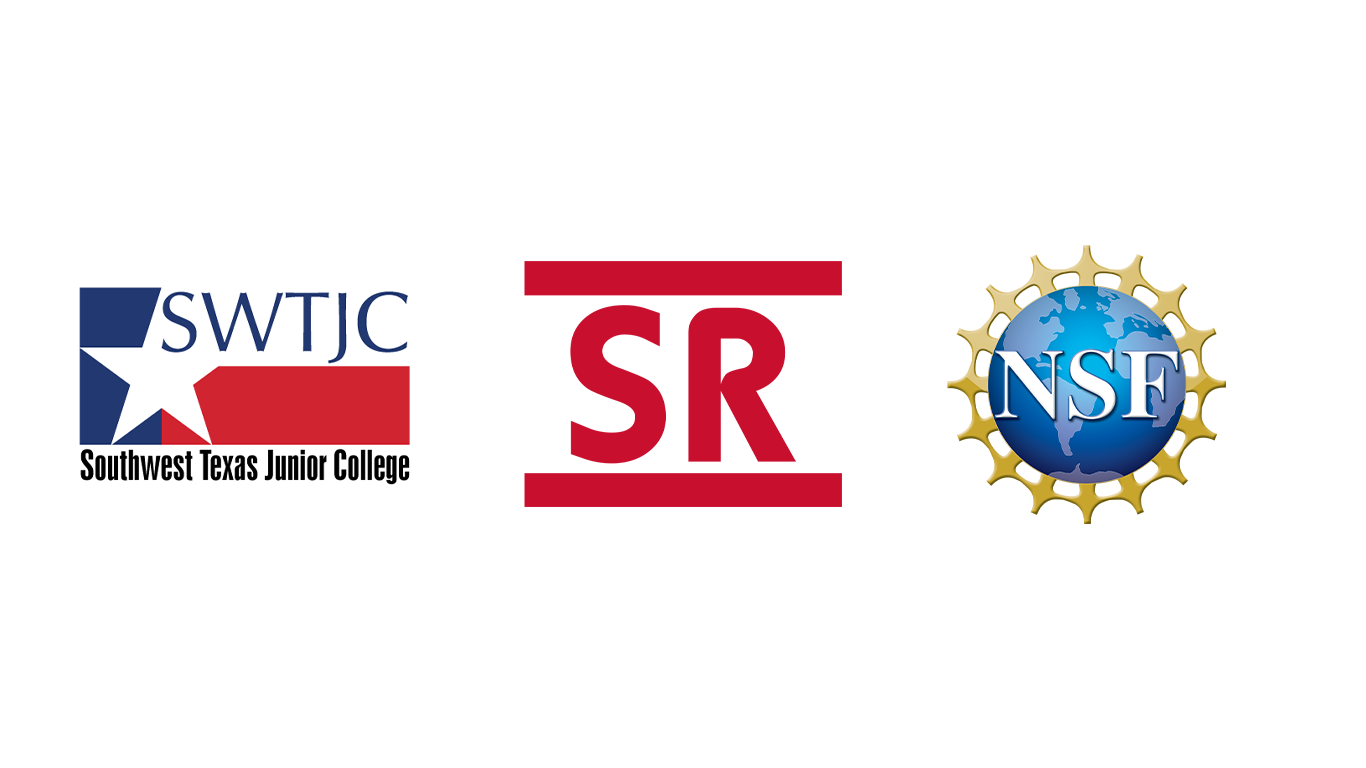
Sul Ross Awarded Noyce Grant to Help Reach Local Communities
The National Science Foundation has selected Sul Ross State University as well as Southwest Texas Junior College in a partnership for the Noyce Grant. With an increasing focus on STEM (Science, Technology, Engineering, and Math) majors, the 1.3 million dollars awarded will help accelerate the ability for Sul Ross to connect with these students in several of the surrounding communities. Dr. Jennifer Miller, Dr. Jeanne Qvarnstrom, Dr. Savannah Williamson, Dr. Angela, Brown, and Dr. Robert Ayala will head up the program for both Sul Ross and SWTJC. The Noyce program is the first NSF research project awarded to Sul Ross State University.
About the program:
The Noyce Scholars en la Frontera (Noyce Scholars on the Border) project aims to address the critical need to prepare and increase the number of highly qualified mathematics and science teachers serving high-need schools located on the Texas-Mexico border. Activities include a strong mentoring program with hands-on activities to ensure Noyce Scholars are equipped with the knowledge, skills, and dispositions to support learner success in mathematics and science in high-need school districts. Noyce Scholars will benefit from both the Sul Ross State University (SRSU) teacher preparation program and additional professional development opportunities through summer institutes. The project intends to create a pipeline of well-qualified, diverse STEM teachers to serve in a high need school districts, by recruiting participants from a pool of academically talented undergraduate STEM students attending either SRSU, a local community college, or collaborating high schools that offer STEM dual credit courses.
In particular, this project at SRSU includes partnerships with five public high-need school districts (Presidio, Ft. Davis, Marfa, Alpine, and Uvalde) and one community college, Southwest Texas Junior College. All serve high percentages of low income and minority students. The overarching project goal is to recruit and support 16 STEM majors to complete their baccalaureate degrees with teacher certification The project aims to support the preservice teachers in developing content-specific pedagogical practices and culturally responsive teaching (CRT). This is to support bilingual students and English Language Learners to promote student success in mathematics and science in high-need schools.
The resulting attributes gained by the preservice teachers will be measured by the Culturally Responsive Teaching Survey and Teacher Efficacy and Attitudes Toward STEM (T-STEM) Survey. In addition to a focus on developing skills in CRT, the project intends to support the development of self-efficacy in integrating technology in STEM courses among the preservice teachers, as well as Education and STEM faculty members. The Technology Proficiency Self-Assessment for 21st Century Learning (TPSA) and T-STEM Survey will be used to measure this. Ultimately, the project seeks to answer the question: How does a culturally responsive teaching and mentoring program influence underrepresented and underserved STEM students in their pursuit of teacher certification from an institution serving isolated communities? Project strategies and results have the potential for broad application to other institutions serving isolated regions of the country with a need to improve self-efficacy of STEM preservice teachers, STEM literacy, culturally responsive teaching approaches by STEM faculty and preservice teachers, and enhanced technology integration in STEM teacher preparation programs. Results will be disseminated through scholarly publications and presentations at conferences with regional, state, and national audiences. This Track 1: Scholarships and Stipends project is supported through the Robert Noyce Teacher Scholarship Program (Noyce). The Noyce program supports talented STEM undergraduate majors and professionals to become effective K-12 STEM teachers and experienced, exemplary K-12 teachers to become STEM master teachers in high-need school districts. It also supports research on the persistence, retention, and effectiveness of K-12 STEM teachers in high-need school districts.
This award reflects NSF’s statutory mission and has been deemed worthy of support through evaluation using the Foundation’s intellectual merit and broader impacts review criteria.
Sul Ross continually strives to impact communities positively through higher education opportunities. The Noyce Grant elevates that mission and the university is thrilled to be a part this great program for the first time.
